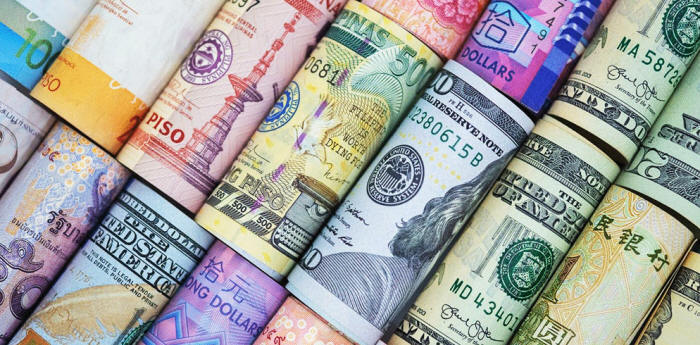|
Corruption is one of the greatest obstacles to economic development.
It deprives nations of income to invest into public services, with adverse implications for education, health, well-being, and prosperity. The Global Economic Forum estimates that corruption costs the public coffers US$2.6 trillion a year.
Scholars have long blamed factors intrinsic to corrupt countries.
For example, countries with a wealth of natural resources - like diamonds and oil - are corrupt because political leaders are unaccountable to their citizens.
But researchers have paid less attention to the global forces that affect corruption.
Take the policies of the International Monetary Fund (IMF) for instance.
The IMF is an
international financial institution that comes to the financial
rescue of countries in economic turmoil. In exchange for its
bailouts, the IMF requires countries to adopt
far-reaching reforms.
The problem is that many
other IMF reforms significantly increase corruption.
We created a
novel dataset with an unprecedented
level of detail, based on coding of all IMF agreements between 1980
and 2014. This data helped settle key debates on the effects of IMF
policy reforms on corruption in borrowing countries.
Liberalizing markets
Using advanced
statistical techniques, we found not only that these reforms
increased corruption, but also ruled out the possibility that the
relationship is due to reverse causality (for example where the IMF
assigns more reforms to countries that are more corrupt).
The IMF requests privatizations across all regions and all sectors of the economy, but especially so in,
Asking countries to rapidly privatize public enterprises - especially when institutions are weak - induces corruption.
https://twitter.com/IMFNews/status/1163453106467868674
The prospect of large amounts of public assets up for sale, prompts well-connected elites to bribe public officials involved in the sales process. Public officials also have incentives to enrich themselves in this process.
They typically see their
own benefits dwindle due to other IMF policy reforms demanding
layoffs in the state administration and cuts in public sector wages.
By limiting the
instruments through which public officials can regulate the economy,
all kinds of market-liberalizing policy reforms
reduce the capacity
of the state to control corruption.
This case illustrates that IMF policy advice sometimes achieves the opposite of what is intended.
Rather than reducing corruption by removing "structural distortions", it fuels corruption by threatening powerful interest groups. These groups are not passive players.
They use all means available to them - legal or illegal - to preserve their privileges.
But its understanding of
corruption and what must be done to curb it has improved since its
first official strategy in 1997. This is a good sign.
But the IMF also needs to avoid mandating policy reforms that weaken state institutions. And it must find ways to compensate for losses of privileges incurred by powerful interest groups.
Otherwise, corruption
will thrive.
|


